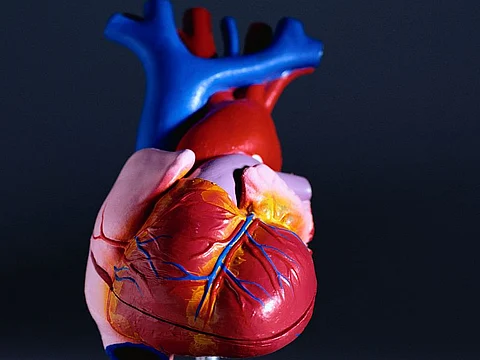WEDNESDAY, Nov. 1, 2017 (HealthDay News) -- The American College of Cardiology, the American Heart Association, and the Heart Rhythm Society have released updated guidelines for the management of adults who have ventricular arrhythmias (VAs) or who are at risk for sudden cardiac death (SCD). The guidelines were published online Oct. 30 in the Journal of the American College of Cardiology.
Glenn N. Levine, M.D., from the Baylor College of Medicine in Houston, and colleagues reviewed new literature as well as previously published guidelines and related statements to inform the guideline revisions.
The management recommendations include noninvasive evaluation (12-lead ECG and exercise testing, ambulatory electrocardiography, implanted cardiac monitors, noninvasive cardiac imaging, biomarkers, and genetic considerations in arrhythmia syndromes); invasive testing (cardiac catheterization or CT angiography); therapies for treatment or prevention of VA (medication therapy, defibrillators, catheter ablation, and surgery and revascularization procedures); acute management of VA and SCD risk related to specific disease states; and VA and SCD in specific populations (athletes, pregnant women, older patients with comorbidities, chronic kidney disease patients, and individuals with valvular heart disease).
"The risks of ventricular arrhythmias and sudden cardiac death vary in specific populations with different underlying cardiac conditions and with specific family history and genetic variants, and this variation has important implications for studying and applying therapies," a guideline co-author said in a statement.
Several authors disclosed financial ties to pharmaceutical and medical device companies.
Abstract/Full Text (subscription or payment may be required)


